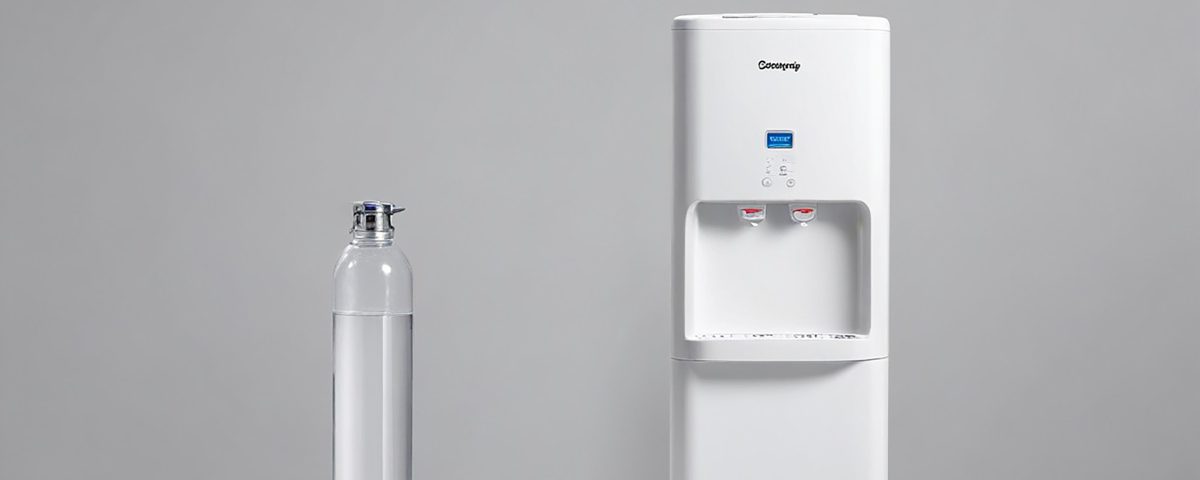Addressing Water Quality Concerns in Malaysian Homes
Cooking Dash 3: Spills And Delights Video Game Review
December 26, 2024Exploring the Thrills and Strategies of Live Sports Betting
December 26, 2024Access to clean and safe drinking water is a fundamental necessity for every household. In Malaysia, however, many homes face various water quality issues that can pose health risks and affect daily life. From contaminants to unpleasant tastes and odors, understanding these challenges is crucial. Fortunately, water filtration systems offer effective solutions to address these concerns. In this article, we will explore common water quality issues faced by Malaysian households and how water filters can help mitigate these problems.
Common Water Quality Issues in Malaysia
1. Contamination by Heavy Metals
One of the most pressing water quality issues in Malaysia is contamination by heavy metals such as lead, cadmium, and arsenic. These metals can enter the water supply through aging pipes, industrial discharge, or agricultural runoff. Prolonged exposure to heavy metals can lead to serious health problems, including kidney damage, neurological issues, and an increased risk of cancer.
2. High Levels of Chlorine
Chlorine is commonly used in Malaysia’s water treatment processes to eliminate harmful bacteria and pathogens. While it is effective for disinfection, high levels of chlorine can result in an unpleasant taste and odor in drinking water. Some people may find the chemical taste of chlorinated water off-putting, which can discourage them from drinking enough water.
3. Sediment and Turbidity
Sediment and turbidity are also common issues in Malaysian water supplies, particularly during heavy rainfall or flooding. The presence of dirt, silt, and organic matter can make water appear cloudy and affect its taste. This not only impacts the aesthetic quality of water but can also harbor microorganisms that pose health risks.
4. Microbial Contamination
Microbial contamination, including bacteria, viruses, and parasites, is a significant concern for water quality in Malaysia. While municipal water treatment processes aim to purify water, there are instances where pathogens may slip through the cracks, especially in rural areas with less reliable infrastructure. Consuming contaminated water can lead to gastrointestinal illnesses and other health problems.
5. Hard Water Issues
Hard water, characterized by high concentrations of calcium and magnesium, is another issue faced by many Malaysian households. While hard water is not harmful to health, it can lead to scale buildup in pipes and appliances, reducing their efficiency and lifespan. Additionally, hard water can affect the effectiveness of soaps and detergents, making it more challenging to achieve clean laundry and dishes.
How Water Filters Can Help
Water filters are an effective solution for addressing the various water quality issues faced by Malaysian households. Here’s how different types of water filtration systems can help improve water quality:
1. Removal of Heavy Metals
Reverse Osmosis (RO) Systems: RO systems are highly effective at removing heavy metals and other contaminants from drinking water. By forcing water through a semi-permeable membrane, these systems can filter out lead, cadmium, arsenic, and other harmful substances. Investing in an RO system can provide peace of mind, knowing that your drinking water is free from heavy metal contamination.
2. Chlorine Reduction
Activated Carbon Filters: Activated carbon filters are excellent for reducing chlorine levels in water. These filters work by adsorbing chlorine and other organic compounds, significantly improving the taste and odor of drinking water. Many pitcher and faucet-mounted filters use activated carbon technology, making them an accessible option for households seeking better-tasting water.
3. Sediment Filtration
Sediment Filters: Sediment filters are designed to remove particles like dirt, silt, and rust from water. These filters can be installed as pre-filters in various systems or as standalone units. By eliminating sediment and turbidity, these filters help improve the clarity of water and reduce the risk of clogging in plumbing systems.
4. Microbial Protection
Ultraviolet (UV) Purifiers: UV purifiers use ultraviolet light to kill bacteria, viruses, and other pathogens in water. This technology is particularly beneficial for households in areas where microbial contamination is a concern. By installing a UV purifier, families can ensure that their drinking water is safe from harmful microorganisms, providing an extra layer of protection.
5. Hard Water Solutions
Water Softening Systems: For households dealing with hard water issues, water softeners can be an effective solution. These systems typically use ion exchange technology to replace calcium and magnesium ions with sodium ions, reducing hardness. By softening the water, families can prevent scale buildup in pipes and appliances, extending their lifespan and improving cleaning efficiency.
Choosing the Right Water Filter
When selecting a water filter malaysia for your home, consider the following factors to ensure you choose the best solution for your needs:
1. Assess Water Quality
Conduct a water quality test to identify specific contaminants present in your water supply. Many local agencies offer testing services, or you can purchase DIY test kits. Understanding the contaminants will help you choose a filtration system that effectively addresses your specific concerns.
2. Determine Your Needs
Consider your household size and daily water usage. Larger households may benefit from under-sink systems or whole-house filters that provide a continuous supply of clean water, while smaller households may find pitcher filters or faucet-mounted systems sufficient.
3. Installation and Maintenance
Evaluate whether you prefer a simple, no-installation option or if you are comfortable with more complex systems that may require professional installation. Additionally, consider the maintenance requirements of each system, including filter replacement frequency and costs.
4. Budget Constraints
Set a budget for both the initial purchase and ongoing maintenance. While some systems may have higher upfront costs, they can offer long-term savings through reduced bottled water purchases and better health outcomes.
Conclusion
Addressing water quality concerns in Malaysian homes is essential for ensuring the health and well-being of families. With common issues such as heavy metal contamination, high chlorine levels, sediment, microbial contamination, and hard water, it’s crucial to invest in effective water filtration solutions.
Water filters, including reverse osmosis systems, activated carbon filters, UV purifiers, and water softeners, can significantly improve the quality of drinking water, making it safer and more palatable. By understanding the specific water quality issues in your area and selecting the right filtration system for your needs, you can enjoy peace of mind knowing your family has access to clean and safe drinking water.
Investing in water filtration not only enhances your drinking water but also supports overall health and well-being, making it a wise choice for Malaysian households.


